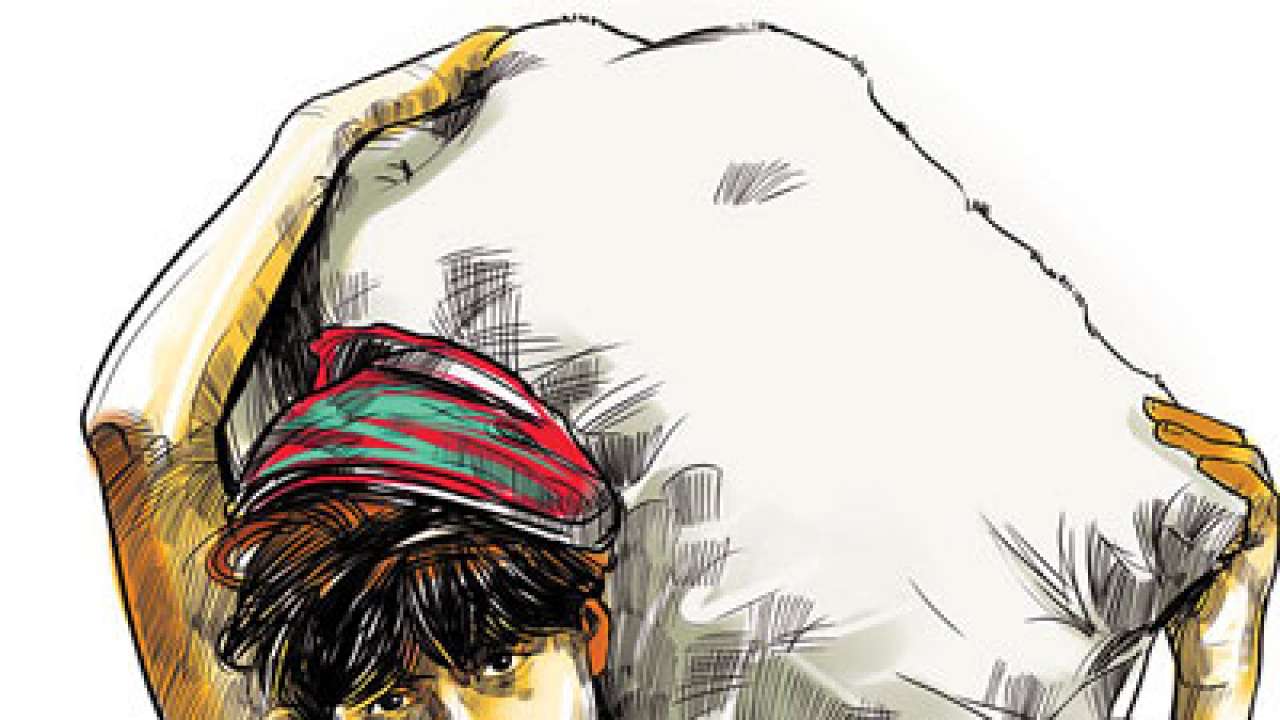
Child rights activists are often posed questions that go something like this: “He's 14-years-old, surely it is not wrong if he works to support his family?” or “She's 15, her parents cannot support her education and she is now babysitting my family because she needs financial support. How can this be illegal? I am, after all, helping her!” It is high time that we understood that a 14-year-old child who is forced to do labour of any kind is deprived of the right to develop and remains unprotected by the system. The child is vulnerable and is forced to subsist within the same brutal cycle of poverty, which often becomes intergenerational in nature. She/he is also often abused, exposed to violence and exploited.
According to the National Census 2001, India has 12.6 million child labourers in the age group of 5 – 14. NSSO (2009-2010) states that around 23.3% of 15-18 year olds are engaged in some income-earning activities. Also, this particular age group debate attains prominence since there seems to be no single definition for a child. The International Labour Organisation (ILO) does not give a definite age limit, while the United Nations Convention for the Rights of the Child (UNCRC) defines a child to be below 18 years of age.
In India there are diverse rights and laws that describe a ‘child’ differently. For instance, the Right to Education for children is for those below the age of 14, while the existing Child Labour Act 1986 allows children of any age to work in a majority of occupations, including agriculture, and has a list of occupations where their employment is prohibited. On the other hand, the Juvenile Justice Act in India defines a child as a person who has not yet completed the age of 18, while the RTE Act and the Child Labour Prohibition and Regulation Act defines a child as a person who has not completed 14 years of age.
There is a desperate need to expand the RTE Act to ensure that adolescents are also allowed to realise their full learning potential, as improved access to education at the senior secondary level can help them. CRY (Child Rights and You) has been demanding that the Right to Education be extended till the child turns 18. Realistically speaking, there needs to be a conscious acknowledgement that an eighth grade pass out can hardly be termed qualified. Our three-decade old experience in this arena tells us that the poor are willing to send their children to school provided the schools allow the children to learn and grow in their unique individual ways. In 2012-2013, CRY along with its partners made 684 villages child labour free, through a dedicated focus on ensuring that schools in these villages remain accessible and functional.
Child labour is complex and cannot be purged out of our country easily, since it has inherent roots connected to poverty, illiteracy, unemployment and non implementation and/ lack of social security systems. There is a need for an overall attitudinal change towards child labour in our society. It needs to be looked through the lens of being an essential human rights issue that has to be vehemently rejected in any form, and not through perceptions based on 'our' children and 'their' children. Also, we need to realise that adolescents are also children and need to be in school to develop their full potential, rather than at work.
Suma Ravi is Regional Director, South at CRY – Child Rights and You.